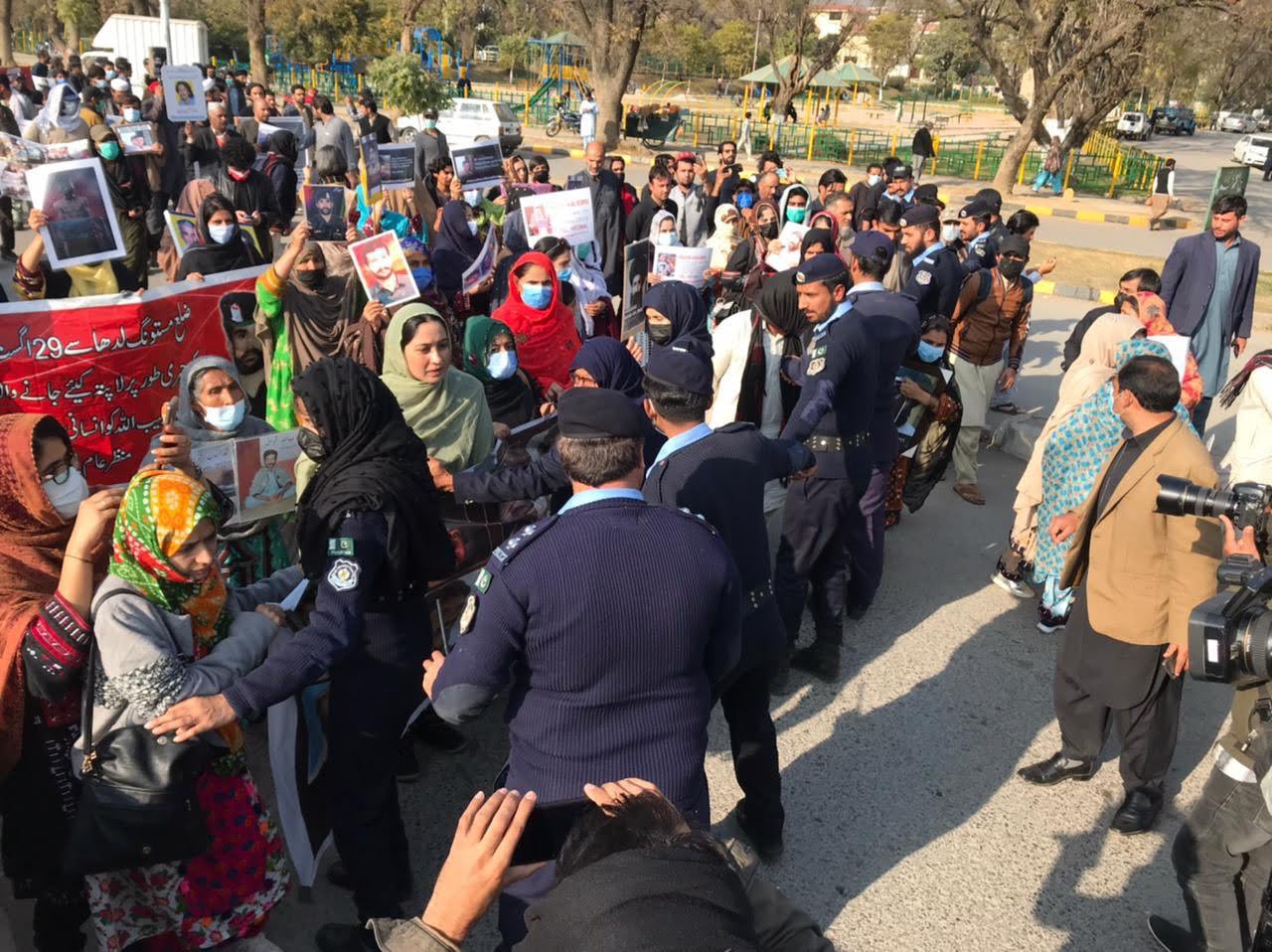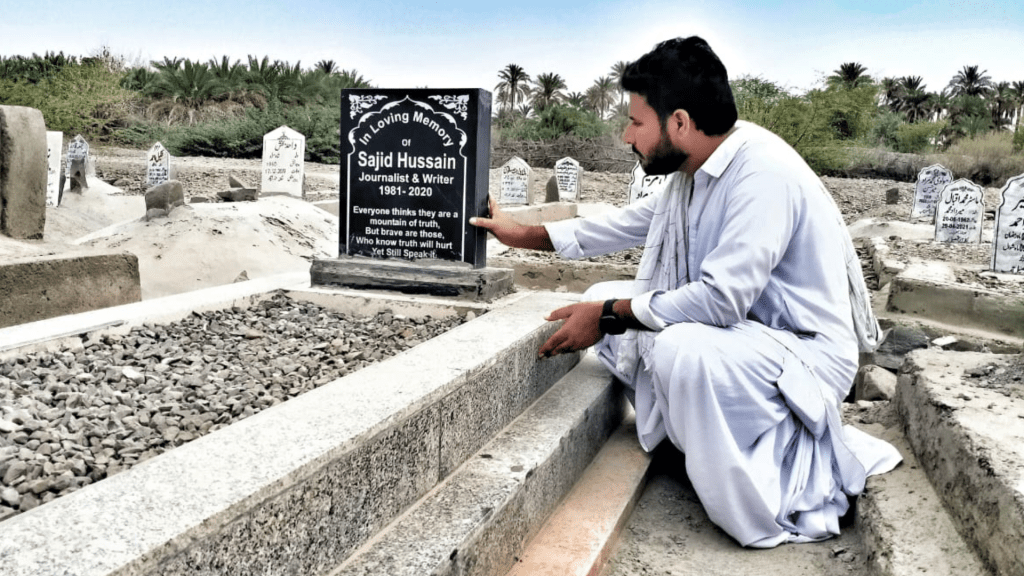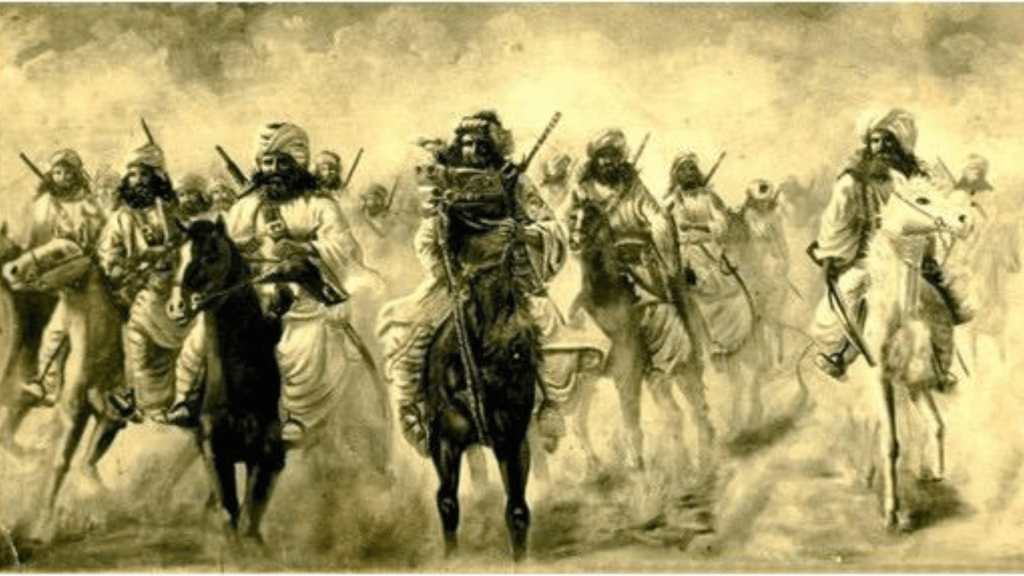The issue of missing persons in Balochistan has taken a heavy toll on friends and family of those abducted by Pakistan’s security forces. Thousands of Baloch political activists and human rights advocates have been ‘disappeared’ without any warrant, most languishing in torture cells for years, others ending up dead and mutilated. This trauma is a collective one and will leave lasting impacts on Baloch society in the long run.
For the last twenty years, we have been facing a systemic State-run policy of abductions, summary executions and torture. The socioeconomic situation in Balochistan was never promising due to the lack of representation and political and economic exploitations by Islamabad. The issue of missing persons of Balochistan only aggravated the prevailing precarious state of the Baloch people. For example, the literacy rate has always been low with only a small proportion of girls attending schools due to economic and social factors. But now that thousands of people are missing from all walks of life, their friends and families have been dragged into a process of unending protests, petitions and court hearings to compel the almighty Pakistani generals to produce their loved ones. That despite knowing deep down that the army and its intelligence agencies don’t listen to the courts.
Those who have been campaigning for the last two decades have mostly been female members of the families because most male members have either been abducted or living in exile for fear of persecution. Farzana Majeed, Sammi Baloch and many others have spent more than a decade in protest camps and some of the kids such as Ali Haider Baloch practically grew up in such camps. This has gravely affected their mental wellbeing and chances of having normal lives. Being in a perpetual state of campaigning means lost time in classrooms and stolen childhoods.
Moreover, the Baloch missings persons families’ problem is there is no court of law in Pakistan that can question Pakistan’s generals, the real perpetrators and architects of this policy of extrajudicial killings. On the other hand, the international community, including prominent human rights organizations, has chosen to turn its backs on this serious human rights situation. Its silence has encouraged the Pakistan army to continue their brazen acts of human rights violations. These acts of extrajudicial killing, torture and adduction can easily be termed as crimes against humanity and should have been enough for the international community to place sanctions against the institutions and individuals directly and indirectly responsible.
However, it seems likely that the Pakistani army and its generals will once more get away with their crimes as they did in Bangladesh back in 1971. Due to the callousness of the international community and human rights organization, the forces will scale up their act of organized violence and suppression of peaceful Baloch activists, who are increasingly showing decency in the face of political and socioeconomic derivation. This also increases the risk of a full-scale genocide since the Pakistan army has previously conducted one in Bangladesh and numerous small scall genocides in Balochistan.
The only way to save an entire native population from further atrocities within Pakistan is to impose sanctions on the Pakistan army and its top brass to discourage them from any further misadventure in Balochistan. This humanitarian disaster needs the international community’s attention urgently. The only way to solve this problem and provide justice to the missing persons and their loved ones is to hold to account those responsible for this tragedy. This has already taken a heavy toll on Baloch society; the people in Balochistan will suffer economically and mentally because of this trauma for decades to come, which will affect the already financially and socially vulnerable Baloch population in Pakistan. It’s time for the international community to wake up from their slumber and apply the same human rights standards to the Pakistani state as they advocate for the rest of the world if they consider the Baloch as human beings and deserving of basic rights.
Sameer Mehrab is a writer and co-founder of Balochistan Times. He often depicts Balochistan's socio-political dilemmas in his fiction and poetry. He is based in Canada.



